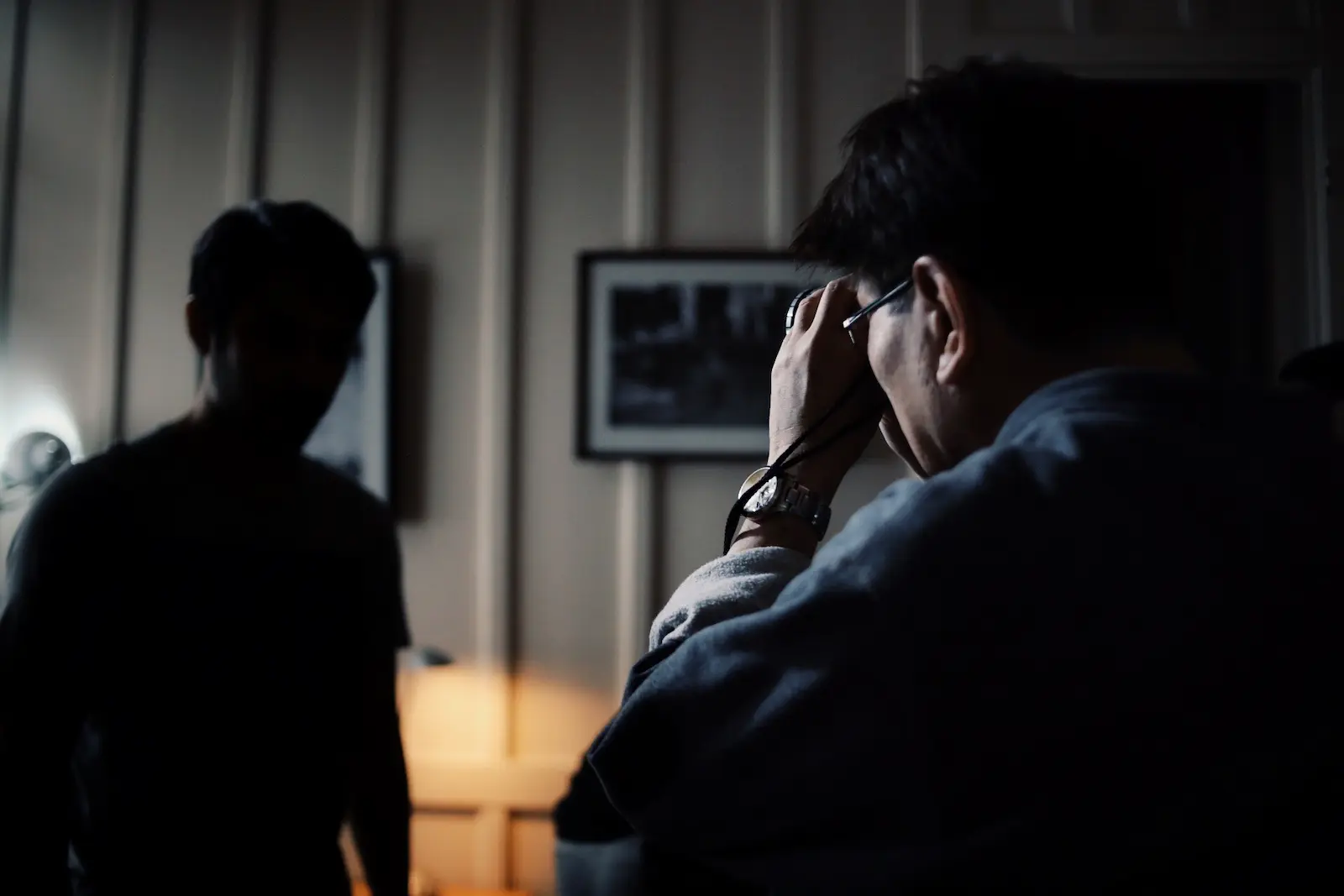In 1982, while attending the Cannes Film Festival, Wim Wenders asked his fellow filmmakers a single yet imposing question: “Is cinema a language about to get lost, anIn art about to die?” He set up a static camera with a 10-minute reel for each director in a hotel room. The filmmakers came into the room and spent their given time answering Wenders’s question anyway they wanted. The third to appear in the resulting film, Room 666, was Mike De Leon, who only spent around 20 seconds answering Wenders’ query. He said, “To ask a director like myself from the Philippines what the future of cinema is, I find [it] an absurd question because… to ask what the future of cinema is in the Philippines is like asking what the future of the Philippines is.”
That year, De Leon was in Cannes to screen his films Kisapmata and AKΩ Batch 81 at the Director’s Fortnight. The Philippines was relatively new to Cannes at the time. Lino Brocka’s Insiang premiered in 1978 in the same section. The following year, Brocka’s Jaguar became the first Filipino film to be included in the main competition slate. De Leon’s experience, especially at the Room 666 filming, was surreal for him. “I didn’t want to be alone in that room,” he later wrote in his two-volume memoir Last Look Back. “Cesar and Rody were with me,” referring to Cesar Hernando and Rody Lacap, the production designer and cinematographer of Batch 81, respectively.
“Coming from a country like the Philippines, in the iron grip of Marcos, I found the question irrelevant,” he wrote in his memoir of Wenders’ inquiry. “I think mine was the shortest answer. I couldn’t wait to get out. That was 39 years ago. I still find that question absurd today.”

The impetus behind De Leon’s answer proves to be the DNA that has made up most of his films, especially as a director working in the shadow of a dictatorship. Kisapmata and Batch 81 tackle the authoritarian rule of the Marcoses in the Philippines — a specter that would continue to haunt De Leon even in the Duterte years and the second coming of the Marcoses: political figures he scrutinized in the videos Kangkungan (2019) and Never Again (2022), which were more protest statements than narrative short films.
De Leon turned his eye on the nation when he made his films. After Batch 81, his films went progressively indicting. Sister Stella L (1984), co-written by Pete Lacaba, was a barbed political portrait of an awakening. Aliwan Paradise (1993) was a scathing takedown of the entertainment industry. His final film, Citizen Jake (2018), is a summation of the tempest brewing in De Leon, a film made in the early years of Duterte, who helped the Marcoses return to Malacañang.
Late Spring
After making Citizen Jake, De Leon felt that, “I had finally come to the end of a life in cinema.” But he still had one film left in him. Although never made, Unfinished Business, starring Shamaine Buencamino and Teroy Guzman, was intended to be an homage to Yasujiro Ozu, a filmmaker whom De Leon places “above all other directors in world cinema,” and someone whom he appreciated more in his twilight years. “When you’re old, you realize that Ozu is the greater director to watch and understand. He expressed on film better than anyone the ephemeral nature of life.” The pandemic halted the production of the film, but De Leon thought that the replacement of his last film would be completing his memoir, a hefty tome that not only chronicled his practice and his life, but the whole archive of LVN Studios, established by his grandmother, the matriarch of LVN, Doña Sisang.
De Leon’s capabilities as a filmmaker were apparent even when he was shooting his first film, Itim. As veteran actor Mario Montenegro said in a behind-the-scenes video, “‘Yong ibang mga bagong filmmaker, siyempre kulang pa sila ng experience, nangangapa sila. E dito naman kay Mike, hindi mo masasabing bago siya. Dito na siya lumaki sa studio. Alam niya lahat ng mga pasikot-sikot ng paggawa ng pelikula. Ang mapupuri ko sa kaniya e hindi siya kuntento sa nalalaman niya, sa kung ano ‘yung nakagisnan niya hindi siya kuntento.”
In a tribute to De Leon upon his death, Itim, Kakabakaba Ka Ba? and Kisapmata actress Charo Santos-Concio said, “Mike De Leon was my very first mentor in the art and discipline of filmmaking. From him I learned everything, the rigor of preparing a shot list, the mounting of scenes, the rhythm of narrative, the editing, the discipline of sound, music, and mixing back when motion picture was shot on actual film. He was a perfectionist, a genius, and a true master of cinema.”
There are many stories about De Leon. Some praise his dedication to cinema. Some document his “volatile” nature. As tributes poured in during the night of his death, it was apparent how his films have left an indelible mark on many people, even on a new generation of cinephiles who have just discovered his films. De Leon was a singular voice in Philippine cinema, something that became more and more evident while reading Last Look Back, or watching his oeuvre, most of which are thankfully restored and available to be watched by generations and generations of Filipinos. “My films are proof that once upon a time, I walked this earth,” De Leon said.
Read the story and more in the Arts and Culture issue of Rolling Stone Philippines. Pre-order a copy on Sari-Sari Shopping, or read the e-magazine now here.







